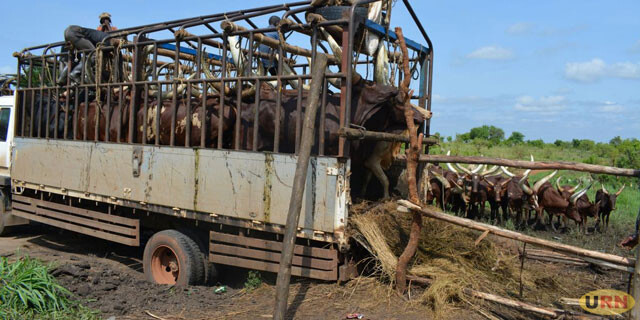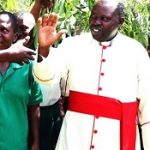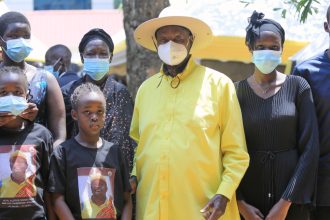The Constitutional Court’s recent determination stems from a 2019 petition challenging the constitutionality of district land boards in the Acholi Sub-region. Filed by retired Justice Galdino Okello and others against the Attorney General, the petition questions the administration of degazetted and former public lands, previously owned communally.
The Constitutional Court emphasized that customary institutions retain the authority to recognize ownership under customary tenure and play a role in demarcating land. The Attorney General, responding to the court’s decision, advised temporarily halting the formalization of applications to register acquired customary land under freehold.
| Key Points | |
|---|---|
| Land Types in Uganda: | Customary, prevalent in the north and east; leasehold in cities and urban areas; mailo in Buganda; and freehold spread across the country. |
| Ministry Action: | The Lands ministry, following the advice, halted consideration of “hundreds” of applications to convert customary land to freehold. |
| Customary Land Ownership: | Communal ownership with no individual holding exclusive rights for transactions. |
Land transactions in Acholi and northern Uganda have become contentious, with allegations of irregular purchases displacing vulnerable indigenous people.
Nearly two decades of Lord’s Resistance Army (LRA) rebellion in northern Uganda complicated land ownership, culminating in an executive order by President Museveni to remove cattle keepers (Balaalo) from the region.
Evictions, known as Operation Harmony, faced challenges, including resource limitations and allegations of bribery. Informers within eviction committees provided information to Balaalo to evade eviction during the day.
| Challenges in Evictions | |
|---|---|
| Obstacles: | Resource limitations and claims of bribery, blackmail, and connivance. |
| Informers: | Provided information to Balaalo, enabling them to evade eviction during the day. |
| Standards Not Met: | Failure to meet fencing standards and encroachment into neighboring farms. |
Land-related suspicions and fears over the conversion of communal land into freehold have risen. The government awaits guidance from the Attorney General before processing pending applications.
The land question remains central in Uganda’s post-independence challenges, with recommendations from a commission of inquiry yet to be implemented by the government.
In Pader District, the Balaalo occupation has led to documented cases of harassment and land grabbing, prompting evictions.
| Eviction Issues in Pader | |
|---|---|
| Affected Areas: | Angagura, Atanga, Laguti, Ajan, Latanya, Lapul, and Pader sub-counties. |
| District Chairman’s Statement: | Agreement to evict undisciplined Balaalo from Aswa Ranch land. |
| Mediation: | Ad hoc committee led by Chief Justice Alfonse Owiny-Dollo mediating disagreements during Operation Harmony. |
A Balaalo Verification Committee reported cases of land grabbing, intimidation, and security risks, prompting a study covering seven districts.
| Balaalo Verification Committee Findings | |
|---|---|
| Land Acquisition: | Through intimidation, manipulation, and destruction of gardens. |
| Security Risks: | Involvement in illegal activities, violence, and encroachment on eco-fragile areas. |
| Community Leaders’ Involvement: | Connivance with police, stifling cases against Balaalo. |
The majority of settled herdsmen acquired land through purchases, with only eight percent having titled land in north and north-eastern Uganda.




















